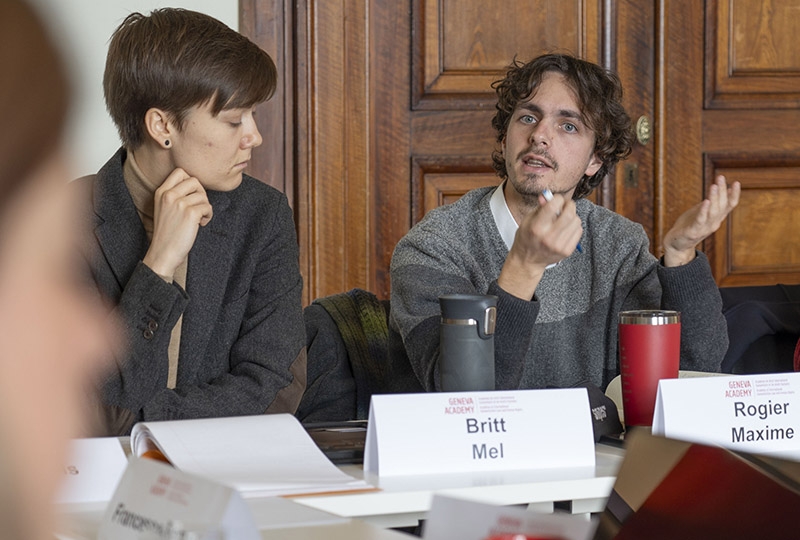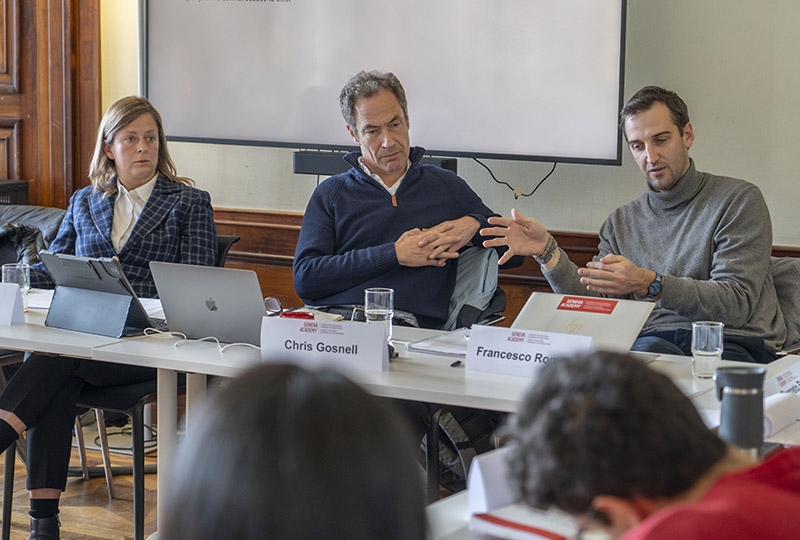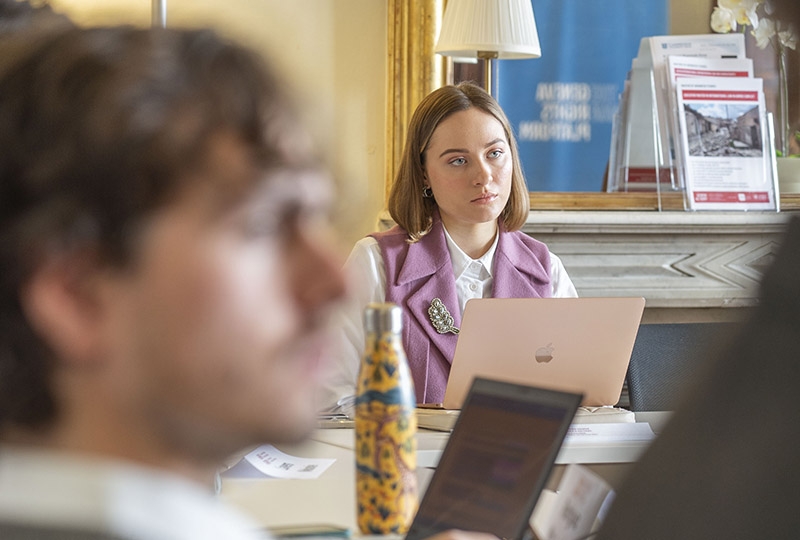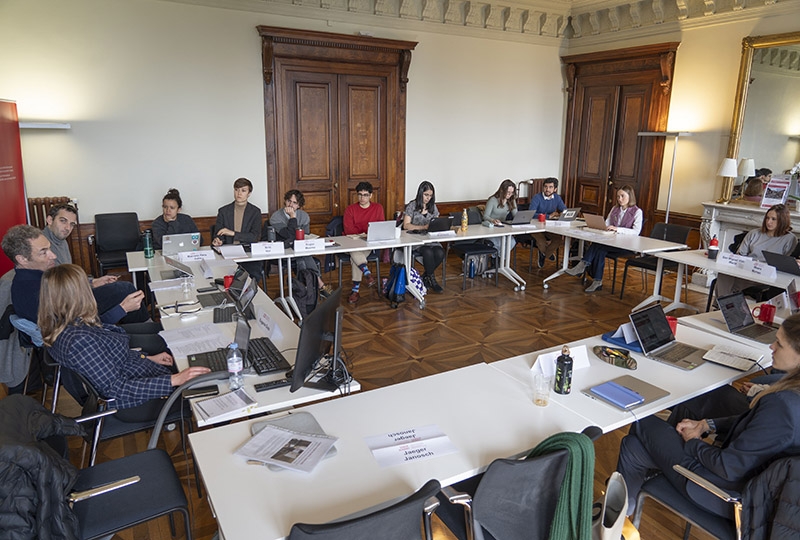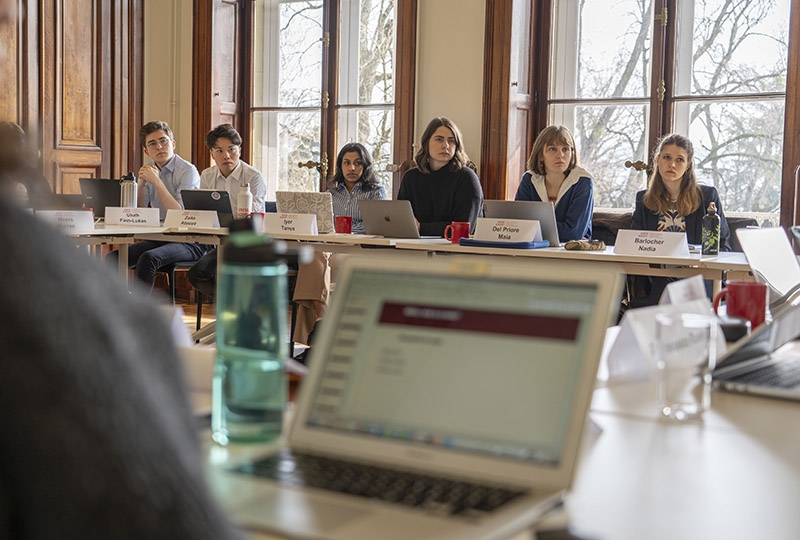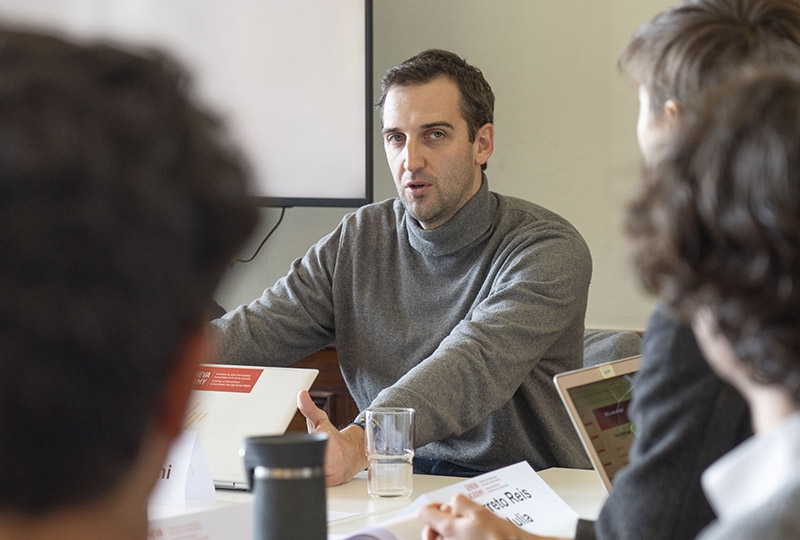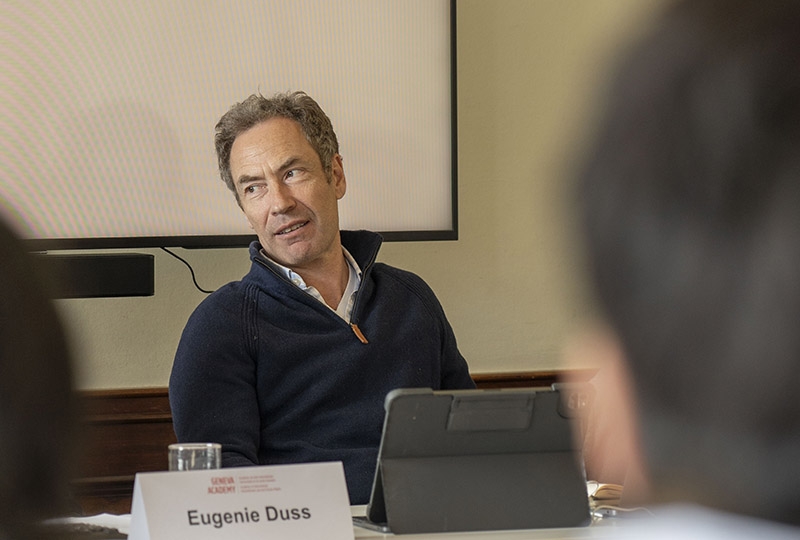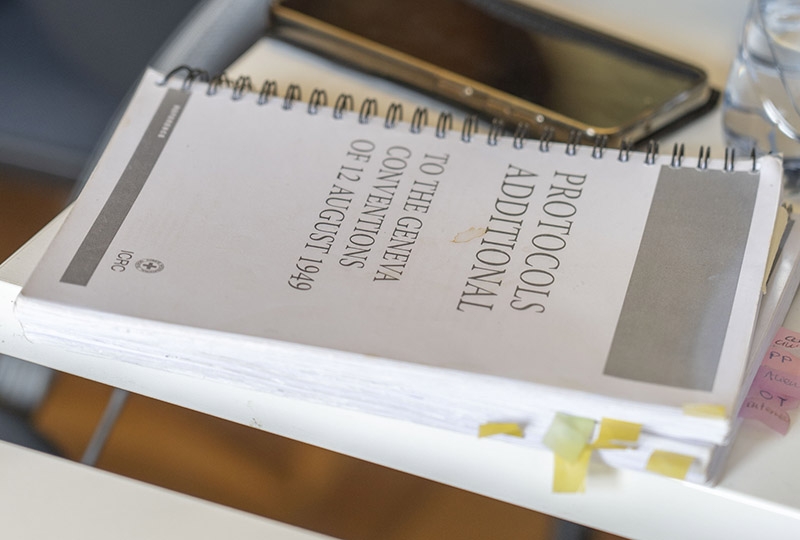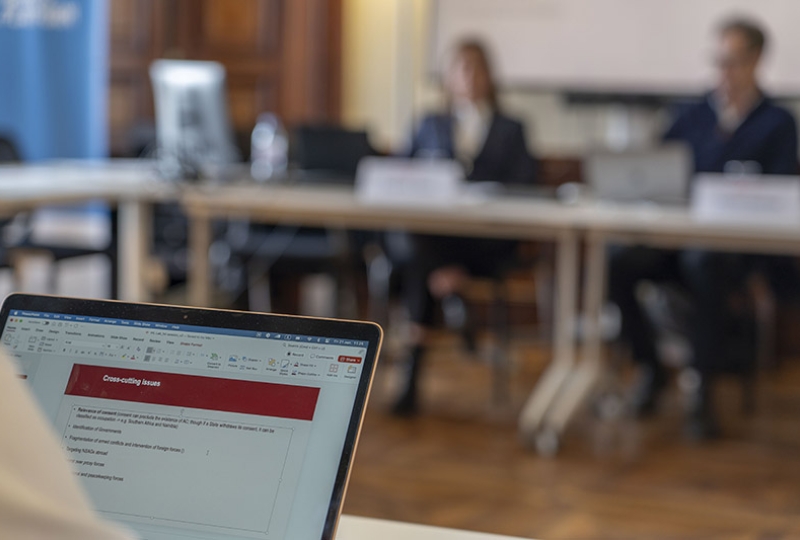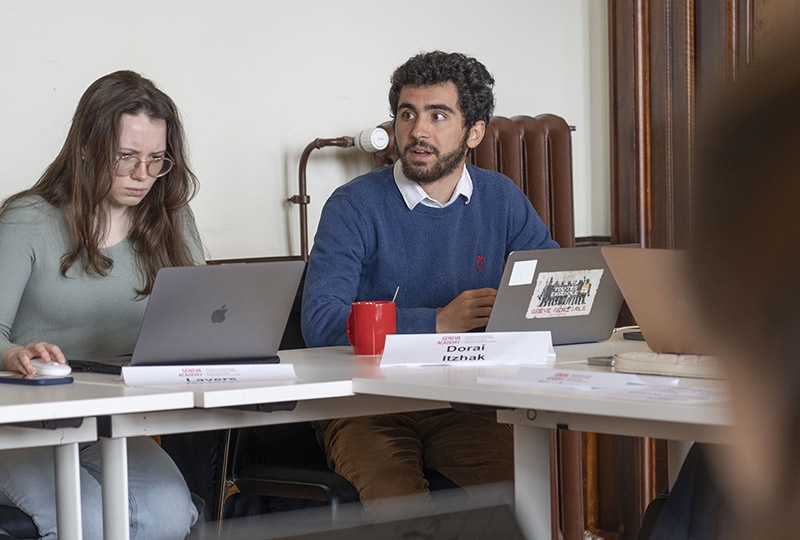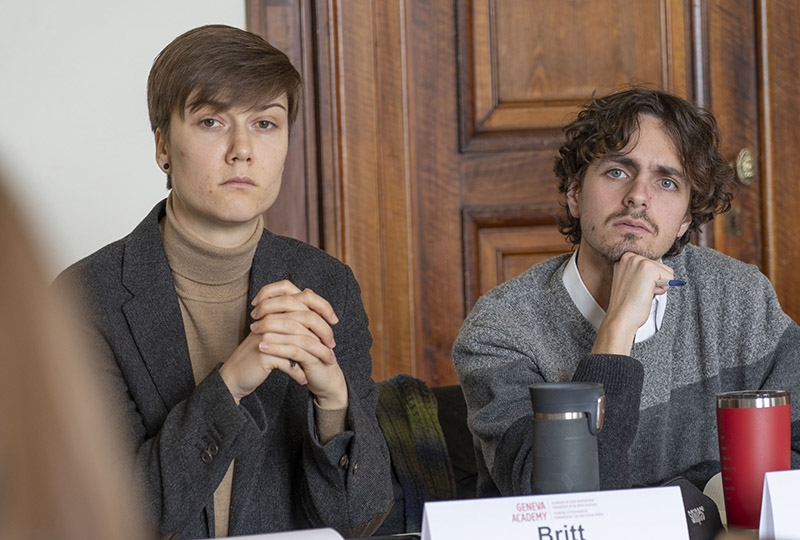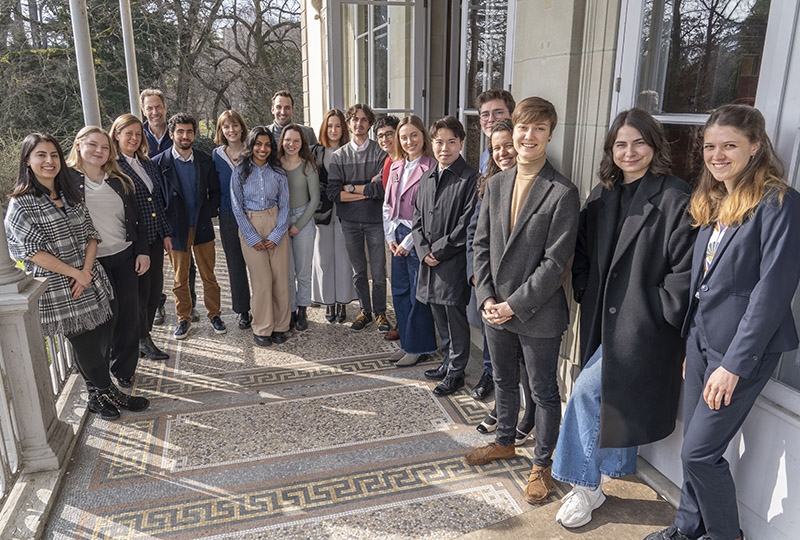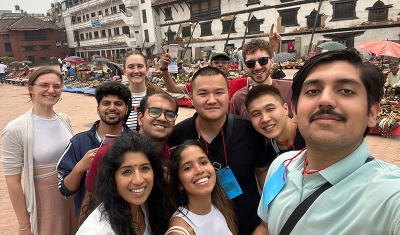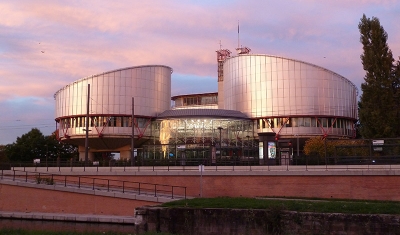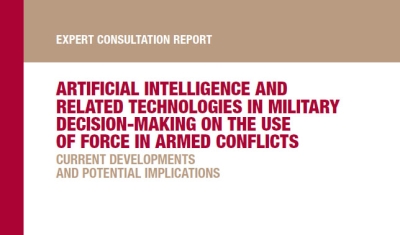Chris Gosnell: Many conflict zones are inaccessible not only to students but also to professional researchers and journalists. At the same time, modern media and communication technologies have enabled the near-simultaneous capture and dissemination of vast amounts of information from conflict zones. In fact, the volume of information can be so great that the real challenge becomes assessing its quality, not its quantity.
Information collected in this way, especially when filtered through journalists or other intermediaries, can be ambiguous, making it difficult to draw firm conclusions about IHL violations. Rigorous analysis is therefore essential, both to evaluate the reliability of the material and to interpret its legal significance.
In addition, students are not able to use the full range of open-source techniques available to professionals, nor can they proactively contact original sources for clarification. Instead, they must work with the material they can access, drawing reasoned conclusions based on patterns and inference.


